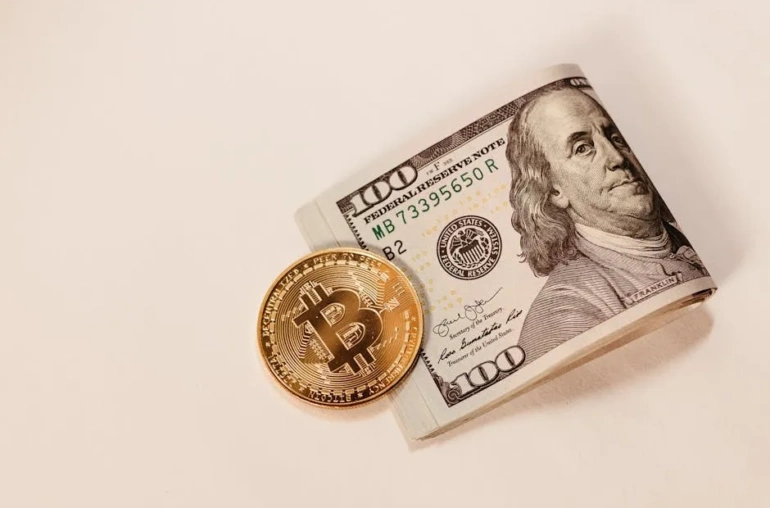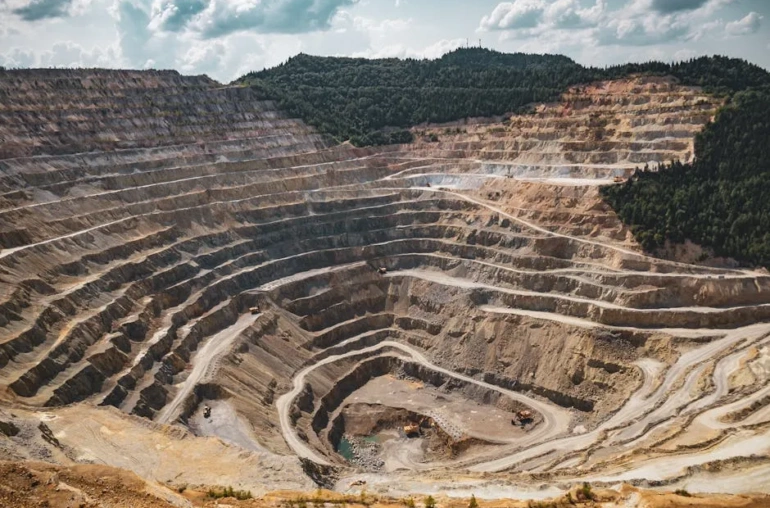
How China’s Rare Earth Export Controls Could Impact the US Dollar
In recent discussions around the global economy, the potential implications of China’s rare earth export controls have emerged as a significant concern. Analyst Luke Gromen has highlighted that these measures could play a pivotal role in accelerating the decline of the US dollar. With the complexities of currency debasement at the forefront, Gromen suggests that hard assets like Bitcoin may represent the most viable solution to the ensuing economic challenges.
The Role of Rare Earth Elements
Rare earth elements are critical components in various high-tech industries, including electronics, renewable energy, and defense. China currently dominates the global supply of these materials, and its control over their exportation can influence market dynamics significantly. Any restrictions on these exports can lead to increased prices and supply shortages, which may ripple through the global economy and indirectly affect currencies.
Currency Debasement Explained
Currency debasement occurs when a currency loses its value, often due to excessive money printing or poor fiscal policies. As the US government continues to navigate substantial debt levels and inflationary pressures, concerns about the dollar’s stability have grown. Gromen argues that the situation may worsen with China’s strategic maneuvers regarding rare earth exports, leading to further depreciation of the dollar.
The Bitcoin Solution
In light of these economic uncertainties, Gromen advocates for the adoption of hard money assets such as Bitcoin. Unlike fiat currencies, which can be printed without limit, Bitcoin has a fixed supply, making it a hedge against inflation and currency debasement. Gromen’s assertion is that investing in cryptocurrencies could offer individuals and institutions a safeguard against the potential fallout from the dollar’s decline.
Market Implications
The intersection of rare earth export controls and currency valuation raises critical questions for investors and policymakers alike. As the global market reacts to these developments, the demand for alternative assets like Bitcoin may rise, potentially reshaping the landscape of investment strategies. Investors might find it increasingly prudent to diversify their portfolios with hard assets that can withstand economic turbulence.
Conclusion
In summary, the potential impact of China’s rare earth export controls on the US dollar cannot be underestimated. As analysts like Luke Gromen suggest, the implications for currency debasement could be profound, making hard assets like Bitcoin an appealing solution for those looking to navigate these uncertain waters. As we move forward, it will be crucial to keep a close eye on these developments and their broader effects on the global economy.



